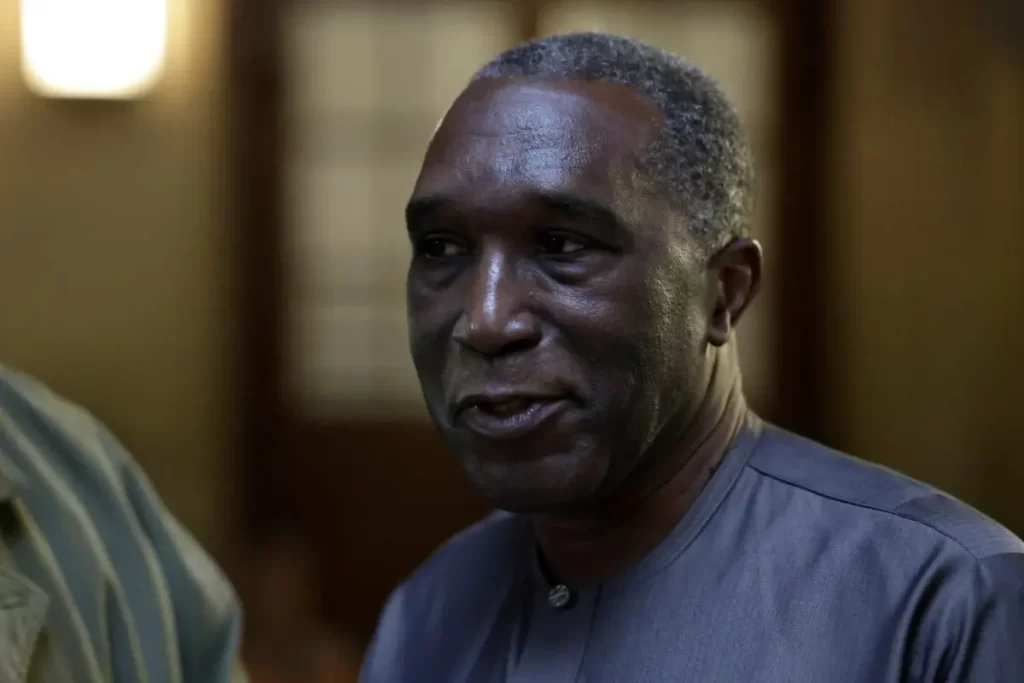France jails ex-doctor for 27 years in Rwandan genocide trial
3 min read

A court in France has sentenced Eugène Rwamucyo, a former Rwandan doctor, to 27 years in prison for his role in the 1994 Rwandan genocide. The verdict marks a significant moment in ongoing efforts to seek justice for the atrocities committed during one of the most horrific periods in modern history, during which approximately 800,000 people were killed in just 100 days.
Rwamucyo, now 65 years old, was found guilty of complicity in genocide, crimes against humanity, and conspiring to prepare for those crimes through propaganda and attempts to conceal evidence of mass murders. While he was acquitted of direct charges of genocide and crimes against humanity, he has consistently denied any wrongdoing. His legal team has indicated plans to appeal the decision.
This trial was the eighth in France connected to the Rwandan genocide, highlighting France’s ongoing involvement in prosecuting individuals linked to these crimes. The massacre primarily targeted ethnic Tutsis and moderate Hutus, carried out by Hutu extremists. Prosecuting attorney Nicolas Peron stated that although there was no direct evidence of Rwamucyo committing summary executions or acts of torture, his actions contributed to the genocide’s horrors. “One can kill with words,” Peron emphasized, underlining the impact of Rwamucyo’s propaganda.
The prosecution presented evidence of Rwamucyo disseminating anti-Tutsi propaganda, which allegedly incited violence against the Tutsi population. Witness testimonies further implicated him in the burial of victims in mass graves, actions interpreted as efforts to destroy evidence of the genocide.
Survivor representatives sought a harsher sentence, with some calling for a life term. Prosecutors initially requested a 30-year sentence, citing the need for accountability. Angélique Uwamahoro, who was only 13 at the time of the genocide, testified that she saw Rwamucyo at a roadblock in Butare, where he encouraged militiamen to kill Tutsi individuals. “He wanted to incite them to kill us so we don’t get out alive,” she recalled, providing a chilling account of his alleged involvement.
In his defense, Rwamucyo maintained that he did not order the killings or allow anyone to be killed. His lawyers argued that his involvement in burying the dead was motivated by a desire to prevent a public health crisis, asserting that he acted out of concern rather than malice. They claimed that Rwamucyo was being targeted for his opposition to the current Rwandan government.
Rwamucyo has a complicated legal history regarding his actions during the genocide. In 2009, he was sentenced to life imprisonment in absentia by a court in Rwanda; however, a French court later rejected Rwanda’s request for extradition, leading to his arrest in 2010. He was taken into custody in Sannois, near Paris, after attending the funeral of a former Rwandan official who had been convicted for war crimes related to the genocide.
The sentencing of Rwamucyo follows the December 2023 conviction of another former Rwandan doctor, Sosthene Munyemana, who received a 24-year prison sentence for his role in organizing torture and killings during the genocide. These cases reflect France’s ongoing commitment to addressing historical injustices and ensuring that those responsible for the atrocities of the genocide are held accountable.
As the legal processes continue, the stories of survivors like Uwamahoro serve as powerful reminders of the genocide’s impact. They highlight the need for justice and the importance of remembering the past to prevent similar atrocities in the future. The trial and sentencing of Rwamucyo contribute to the broader narrative of reconciliation and justice for the victims and survivors of the Rwandan genocide.